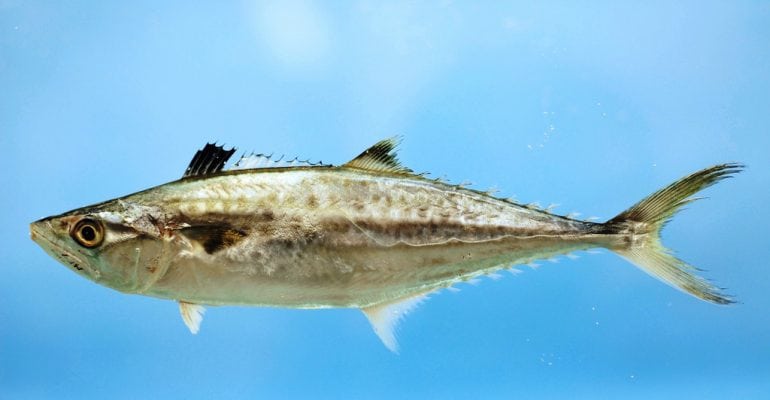Commitment to Privacy at LSU
Louisiana State University is committed to maintaining the privacy and security of any collected confidential or highly sensitive personal information. The privacy policy has been adopted to address the collection, use, and dissemination of personal information by LSU. This policy is subject to change over time, as the technologies utilized to provide services via the Internet continue to develop and evolve. Despite changes in technology, any alterations to this policy will not affect the University’s commitment to privacy.
LSU Data Privacy
You can access the LSU Data Privacy Statement here.
Privacy Questions:
If you have any questions about the privacy statement or if you would like to report an issue or complaint, please contact the University at [email protected].
Personal Data Requests:
If you would like to make a request regarding your personal data submitted to the University, please email [email protected] and be sure to include the following details:
- Type of Data Request
- Deletion - request removal of your personal data from University systems
- Copy - request a copy of your personal data from University systems
- Modify – request assistance/direction regarding making changes to your personal data from University systems
- URL of the specific form/application where the data resides



